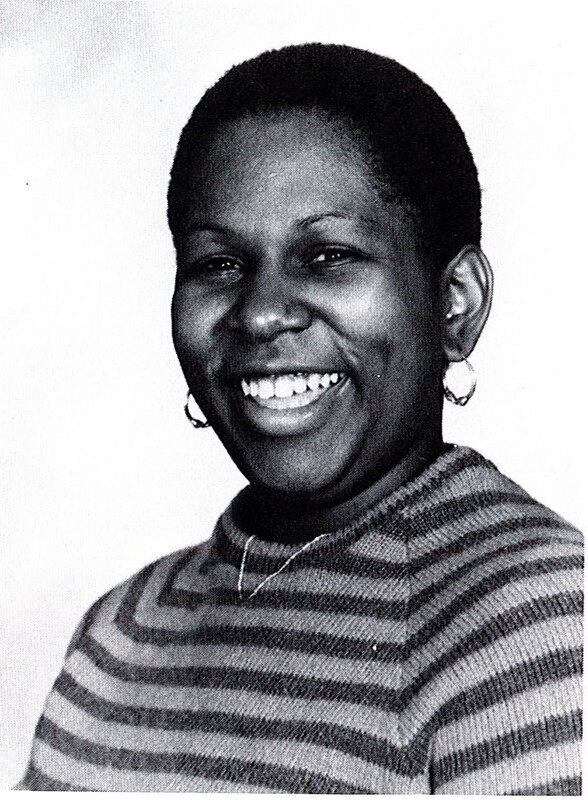Beryl Irene Bailey ‘81
Dr. Beryl Irene Bailey ‘81 was interviewed by Sara Slager ‘23 in spring 2022.
In this clip Dr. Bailey discusses diversity, women's rights, and civil rights.
Beryl Irene Bailey Interview Clip
Transcript
Interviewer: Sara Slager (SS)
Narrator: Dr. Beryl Irene Bailey (BIB)
BIB: …so when I tell you the women were powerful and I think that Simmons saw that and said, “You know what we need to embrace diversity, because we've become a better institution- their a university now-we've become a better university because of the variety” and so what I like to call it is. (pause) People talk about the concept of windows, doors and mirrors. I talk about the concept of a stained glass window. Which is beautiful colors, which is a montage of races. I talk about a revolving door so that you're not just going one way, but you're coming in and out to reinforce and I talked about two way mirrors where people can see themselves and not just see others and so. And, and I also talked about when we talk about the Constitution and we talk about we, the people, and I said when we talk about we, the people, the people are plural so it's a pluralistic union. In order to form, not a perfect union, but a more pluralistic union this is what we have to do and that's what Simmons did. Simmons formed a pluralistic union of women. Who are movers and shakers literally, and when you think about it, we just now celebrated 100 years of women getting the right to vote. I mean when you look at that it's like that's not that old. And, and so, and when you talk about now, we have an African American woman Justice. A pluralistic union and I, and I say that this is really historic because of what you're looking at now. Is representation of a pluralistic union in every branch of the government and you didn't always have that. And how many years did it take? Almost 300 years. But but that's what we get to celebrate now and that's the beauty and so, when I look at my life at Simmons I it was another phase, of course, and I don't look at that as trials and tribulations coming through the racial strife I looked at that as an honor to carry the baton that was passed to us and how successfully, we carried that baton into the 21st century now are things perfect? Absolutely not. But that's just another baton that gets passed on, but at least we carried it. And when I can be interviewed by a student- what is your ethnicity?
SS: I’m white.
BB: Okay, well, when I can be interviewed by a white student that has a smile on her face that is intrigued and interested in the history of the Black Student Organization and the African American presence at Simmons. We've done our job. Because the baton no longer has to be carried by one race of people, the baton is now carried by a fabric, a what? A stained glass perspective-multiple perspectives and that's that becomes the power that becomes the power and you don't realize that you are enriching your life so much the more because you'll be able to have a perspective that speaks to both sides of the track-you'll be able to really make sure, ensure that our future is livable for children who are going to come behind it. Which is great, which is really great so that's the power here.
